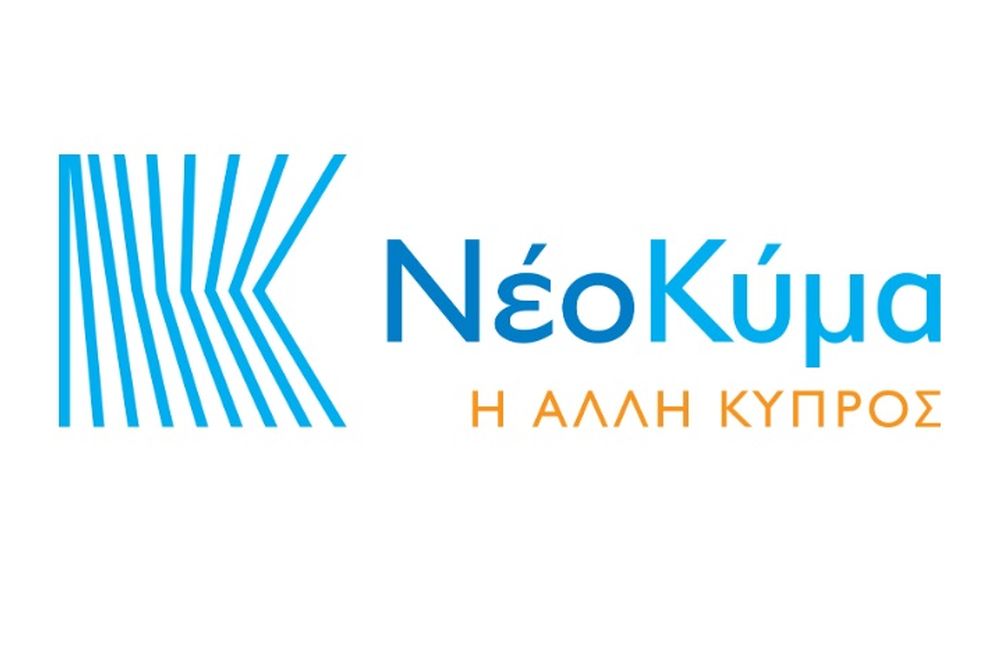
Russia has been following with great interest the rising tensions in recent months in the eastern Mediterranean, between Turkey and Greece and around the Libyan arena, and is in fact playing an active role in it. Recently, Russian Foreign Minister Lavrov, who visited Nicosia, even expressed a willingness to mediate between Greece and Turkey, if so they wished. The importance of the Middle East for Russia is great and long-standing, and is based on key and significant interests: geographical proximity and the fear of radical Islam leaking into its territory, huge energy resources in the region, powerful competition with the US and a large arms sales market. Its status in the region of the USSR, now Russia, has undergone many upheavals over the years. The peace agreement between Israel and Egypt, and the establishment of the United States as the leading power in the region (and in the international arena in general), have pushed Moscow from the Middle East. However, between 2003 and 2004, whilst the United States was occupied with Iraq, Russia identified a window of opportunity to once again deepen its position within the region. In the last decade, following the events of the Arab Spring and the changes in policy of the United States, which has shifted its focus towards Asia and its home arena, Russia is strengthening its position quite successfully. It goes without saying that this is of great relevance and importance to Israeli interests, and requires attention and discourse accordingly.
The war in Syria essentially constituted as the main “front door” for Russia; she sided with her ally, the Assad regime in Syria, took advantage of the diminution in the US involvement and influence, and was able to maneuver against the two relevant players outside Syria – Iran and Turkey – to position itself as the most influential and dominant player in the situation in Syria. This move added a very significant tier to its relationship with Turkey, which is a member of NATO and a key trading partner.
The Eastern Mediterranean has been a region of great interest to Moscow, especially in view of its strategic location (Cyprus, Suez Canal), and of course, in recent years following natural gas discoveries. It should be emphasized that Russia’s political, military and economic presence in the Eastern Mediterranean basin has vital interests vis-à-vis the United States and the NATO alliance.
In terms of strengthening Russia’s international position in the region, a number of notable achievements can be mentioned so far – the rescue of the Assad regime and the deepening of its influence in the country, including the presence and control in the port of Tartus; arms deals including nuclear technologies for the construction of civil reactors; strengthening the powerful image (“Russia returns to the region”); blowing up a wedge in the NATO alliance by tightening relations with Turkey; improved relations with a number of countries in the region (including Egypt, which even signed arms deals with Russia, whilst of course remaining in the US camp); and maintaining close ties with Iran, especially considering US withdrawal from the nuclear deal and renewed economic pressure on Tehran. Moscow is also following closely and with great interest after the impressive regional and bilateral relationship that Israel has woven in the past years – with the “Hellenic world” (Greece and Cyprus), Egypt under president Sisi, the Eastern Mediterranean gas forum which embodies potential for regional cooperation, not only in the energy area, and which receives European and American support.
Discoveries of natural gas in the Mediterranean in recent years have, as mentioned, intensified Russia’s interest in the region. Russia’s energy policy is known to occupy a central and extremely important place in its foreign policy. The revenues from energy, on which the Russian economy is largely based, dictate that a very high priority be given to energy policy. The possibility of exporting gas from the eastern Mediterranean basin is, for Europe, a possible way of diversifying energy sources. Among the alternatives are the transfer of the EastMed pipeline, which is supposed to transport gas from fields in the Mediterranean via Cyprus, Greece and Italy to European markets, thus reducing, at least slightly, European dependence on Russian gas. A perhaps more realistic alternative is to use the drainage facilities in Egypt. Either way, at present, multiple question marks surround the various export alternatives, and all the more so in the present circumstances of the Corona crisis, the Russian interest in the existing potential is self-evident.
On the energy front, regarding the gas discoveries in the eastern Mediterranean, Russia is acting with caution. Russian companies are indeed involved in tenders for drilling in the economic waters of several countries in the region – Lebanon, Cyprus and Egypt – but for the time being without it being accompanied by overly assertive political or economic moves. Strengthening its position in the region puts Russia in an influential stance. Lebanon, however, is still far from realizing its energy potential, and so is Syria, of course. However, Russian dominance in Syria, the complicated relationship with Turkey, as well as the significant involvement in Cyprus, are relevant factors in this regard. Even the constructive dialogue with Israel adds “points of merit” for Moscow. The implications of Russia’s involvement in the Mediterranean basin on Israel are meaningful. First, Russia is an important powerful player, that strives to renew its days as a forerunner in the region, and with real success. Secondly, the American involvement and its weight isn’t as it used to be, this being despite the fact that in the Mediterranean the US is still showing interest and activism, given the involvement of American energy companies, while aiming to reduce European dependence on Russian gas. And third, Russia is a dominant key player in the energy market, seeking to maintain its central position.
It is important to clarify that energy discoveries in the eastern Mediterranean do not, for the time being, pose a real risk to Russian energy interests. The quantities are currently not a “game changer” factor as well as the low energy prices in view of the crisis caused by the Coronavirus. It should be noted that Russian companies have previously been interested in investing in Israeli gas fields, but without success or practical results. In conclusion, the interests of Israel and Russia – political and energetic – are not in conflict, at least for the time being. The two countries have a continuous dialogue about the events in Syria, especially concerning the Iranian presence in the country, and they seem to have succeeded in establishing understandings, or red lines, that prevent unwanted deterioration. However, given the enormous importance of the energy subject for the Russian economy, its foreign policy, and its growing influence in the region, it may be appropriate to extend the dialogue with Moscow to additional issues – regional (Lebanon, Libya, Turkey) as well as energy. The unique relationship with the United States will continue to be the strategic backbone for Israel. In recent years, however, Israel has managed to maneuver between different players in a way that has served its interests. It is therefore advisable to examine, for example, possible Russian inputs vis-à-vis Lebanon over the dispute concerning the maritime border, or even vis-à-vis Turkey in the absence of a substantial dialogue and deep disagreements between Jerusalem and Ankara.
*Michael Harari is a Policy Fellow at the Mitvim Institute and
a former Israeli Ambassador to Cyprus.


